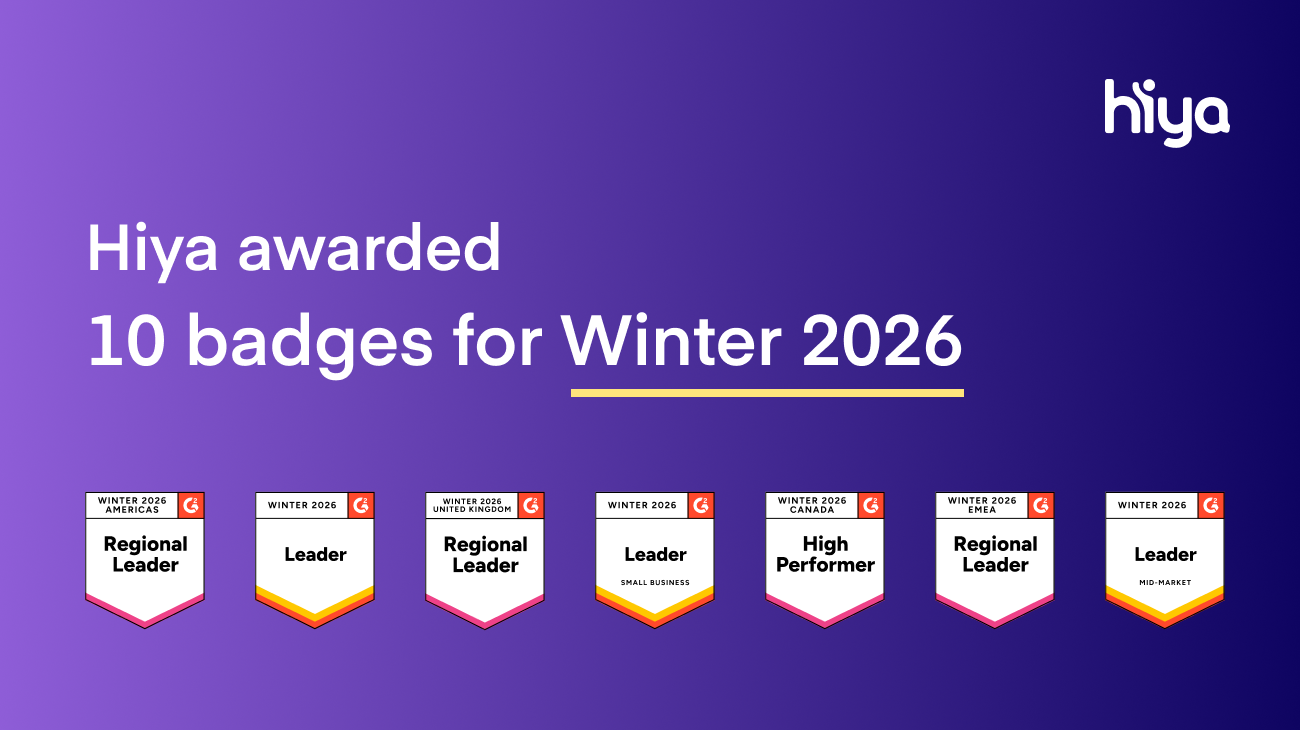
Governmental regulators in Spain have issued a draft order that aims to tackle the increasing issue of fraud facilitated through phone calls and text messages. Commonly these calls/texts impersonate trusted entities like banks or government agencies. The measure also prohibits the use of mobile numbers for making telemarketing and customer service calls, instead requiring the use of 800-prefix or 900-prefix numbers that are free for customers to call back.
The new rules are being proposed by Spain’s Ministry of Digital Transformation. Public comments on the proposed measures will be accepted until September 15, 2024. The order will be enforced 20 days after its publication, with some provisions being phased in over 3 to 12 months to allow time for operators to comply.
The proposed regulations have measures that apply to telecommunications operators, as well companies that make telemarketing and customer service calls
Read the full text of the order
Key measures that apply to telecom operators
- Block calls with unassigned, unauthorized, or manipulated phone numbers – This applies to both national and international calls. (See Chapter II, Article 4)
- Block international calls with false national caller ID – International calls that falsely present themselves by using in-country phone numbers will be blocked. This practice is commonly known as “spoofing.” (See Chapter II, Article 5)
- Block unauthorized SMS/MMS messages – Requires operators to block SMS/MMS using aliases that are not included in the register of the National Commission for Markets and Competition or that have been issued by messaging services not authorized in the register. (Chapter III, Article 7)
Key measures that apply to businesses that make telemarketing and customer service calls
- Assigning toll-free 800 and 900 numbers for customer service and telemarketing calls – Using toll-free numbers would ensure that customers are not charged if they return a call from a telemarketer or customer service agent. Using the 800/900 prefix would also let call recipients know that it is a telemarketing or customer service call. (Chapter IV, Article 9)
- Prohibition on using mobile numbers for telemarketing and customer service calls – As stated above, telemarketing and customer service calls would need to come from an 800 or 900 number to ensure the customer is not charged if they call the number back. (Chapter IV, Article 8)
Bad actors don’t follow regulations
Hiya supports any regulations that could help curb the increasing amounts of phone spam in Spain. However, when new regulations are enacted, it’s the legitimate, law-abiding businesses that follow those regulations, while the fraudsters perpetrating scams simply ignore them.
That’s why it’s imperative that telecom operators use a spam-fighting system like Hiya Protect, which uses adaptive AI to identify spam and fraud calls before they reach consumers.
Regarding the requirement that telemarketing and customer service representatives use a specific prefix, we found that when a similar law was enacted in Brazil, answer rates plummeted by 30-40%. Customers simply stopped answering calls that had the telemarketing/customer service prefix. One way to counter this would be for telemarketing/customer service call centers to use branded caller ID (such as Hiya Connect) so that the customer could see exactly what company is calling them and why. Then they could decide if they want to pick up the call.
High rates of spam and fraud
There's no doubt that Spain has a problem with phone spam. According to Hiya’s most recent Global Call Threat Report, residents of Spain get 12 spam calls per person each month, the second highest rate in the Europe/Middle East/Africa region.

Spain is also known for its high percentage of fraud calls. Among unknown calls — calls from someone outside of an individual’s contact list — 12% are suspected fraud and 39% are suspected nuisance calls.

More than half of incoming, unknown calls in Spain are spam — either fraud or nuisance, according to Hiya’s Global Call Threat Report.
Learn more
If you would like to learn more about Hiya’s call protection services, we would be happy to answer any questions or provide a demo. Simply contact the European business development team by emailing carriers@hiya.com.
RELATED: European privacy laws work to scammers’ advantage

.jpg)

